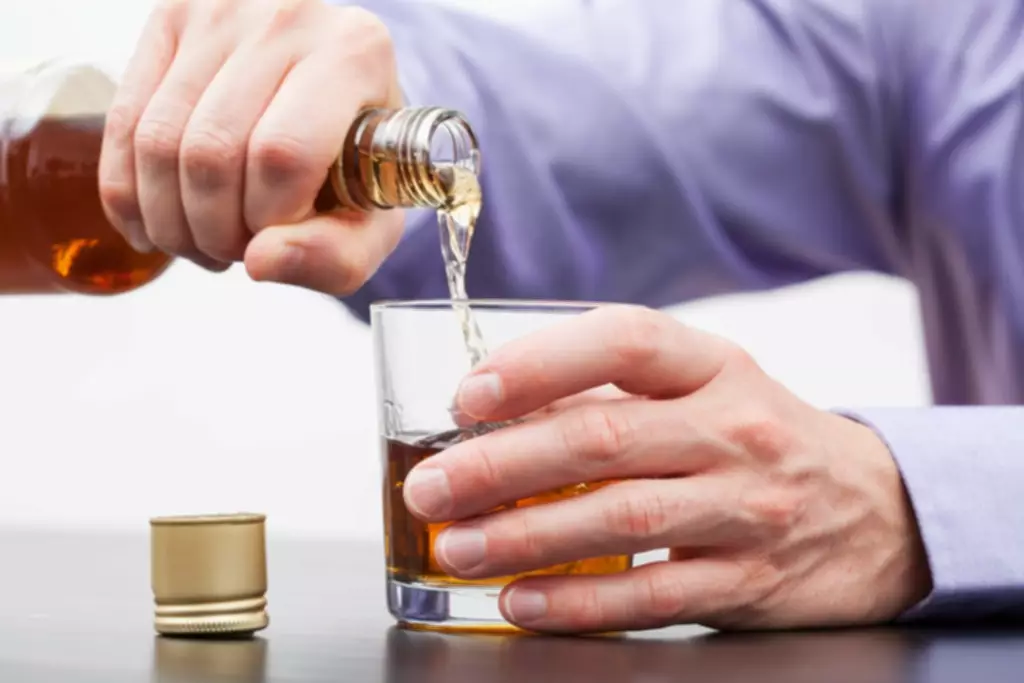Content
When most people drink to their tolerance level, they exhibit signs of intoxication. Those signs include slurring words, loss of balance and poor physical coordination. In doing so, they put themselves at a heightened risk for a life-threatening overdose because they are unaware that toxicity levels are higher than they actually are.
Behavioral tolerance suggests that you become conditioned to the effect of a psychoactive drug over time. Drug addiction, also called substance use disorder, is a chronic brain disorder and mental illness. It involves the compulsive use of alcohol, recreational drugs, or prescription medicines, despite the negative outcomes caused by the use and overuse of the drug. Your healthcare provider can conduct regular exams to reevaluate your treatment plan and reduce the incidence of drug tolerance. Your provider also can decide whether you may benefit from a higher dose of the drug or a new medication to offset your drug tolerance. Reversal of tolerance is, in a sense, giving the body a break for a while from a particular substance.
Stages of Alcoholic Liver Disease
If you can reverse liver damage from alcoholism, it will occur in the earliest stage of dependency. There are four main stages of alcoholic liver disease, each one worse than its predecessor. A person with early-stage alcoholism may also exhibit a high tolerance to alcohol. Their tolerance may go unnoticed by everyone except the people they spend the most time with. Late-stage, or end-stage alcoholism, is a full-blown addiction to alcohol, often with damaging physical and mental health effects. Pharmacodynamic is a form of tolerance in which the brain enacts processes intended to reduce the effects of a foreign substance.
- This can also occur when a person who is high is subjected to a sudden and dramatic experience, where the brain will quickly refocus on the new threat and the high will diminish or be eliminated.
- However, in general, it refers to the fact that, in some instances, the brain will reduce some of the effects a substance produces, but it may not reduce all of them.
- One implication of this is that there may be value in investigating harm reduction strategies which act as ‘hangover treatments’ [40,41,42].
- It is important to note that most heavy drinkers do NOT develop liver damage or Reverse Tolerance.
- We tested for the occurrence of behavioral tolerance by including another group of rats that received daily injections of saline and a weekly nociceptive test and were challenged with morphine only once, after 4 weeks.
This is where the brain adapts to the effects of alcohol (such as relaxation and improved mood), and over time more alcohol is needed to achieve the same effects. Acute tolerance refers to a process whereby the brain and central nervous system enact processes to immediately mitigate the effects of a given substance. The time it takes for tolerance to develop and the degree of tolerance a person experiences vary depending on several factors. For example, some drugs lead to tolerance faster than others while genetics help to determine how an individual’s body will react to substances. According to the National Institute on Drug Abuse, drug tolerance is “a state in which an organism no longer responds to a drug”. It usually occurs when a person repeatedly uses alcohol or drugs, including some prescription medications.
What Is a Reverse Tolerance?
However, it’s important to recognize that good liver health is an ongoing effort that requires adherence to a healthy lifestyle. In addition to the symptoms of non-alcoholic liver damage, those with alcoholic liver damage often experience tremors. Severe alcoholic hepatitis may lead to abdominal fluid accumulation, cognitive and behavioral changes, and liver or kidney failure. According to the American Liver Foundation, at least 10 percent of Americans have some form of liver disease. Additionally, the American Liver Foundation reports that hepatitis C, non-alcoholic fatty liver disease, and liver cancer are all occurring with greater incidence.

Drinking can take on many forms but for most people, early experimentation involves different types of alcohol to gauge their preferred taste. Mixed drinks with liquor, beer flavors such as locally-brewed craft varieties, and inexpensive brands, and whatever wine their parents might have around the house are the common go-to’s. Relapse Prevention is designed to assist the patient in recognizing high-risk behaviors and situations that can potentially lead to relapse. Relapse prevention techniques often include acquiring healthy coping skills to help a substance user navigate through any challenges they may face. Relapse prevention discussion and strategy are often discussed during one’s stay in treatment and again as part of their discharge planning. After a year’s journey of illness and treatments, Bob received a liver transplant.
Dispositional Tolerance
The line in which it passes from a harmless pastime to a life-threatening problem can sometimes be blurry. By examining behavior and possible signs of an alcohol use disorder, one can get a clearer picture if they have a problem, or to help a friend or loved one who may not see the signs in themselves. Getting a professional intervention early on is a person’s best chance of reversing the strain alcohol puts on the liver. Quitting alcohol is a formidable challenge, and withdrawing from alcohol at home can be life-threatening. If you or someone you know regularly exceeds these recommended daily limits or is experiencing some early signs of liver disease, it is important to intervene early. Motivational Interviewing – MI is a strategy used by clinicians to help the patient with alcohol use disorder see the need for change.
Early-stage alcoholism is the beginning of the person’s chronic use and pathway to abusing alcohol. The nuances of treatment evolve, and any program should be catered to an individual’s unique needs. Understanding what the stages of alcohol addiction look like can help you or a loved one decide whether rehab treatment is necessary. Recovery in Tune offers integrated outpatient treatment programs that address substance abuse issues as well as the underlying causes of addiction and other mental health issues. We aim to provide all clients with the tools and support they need to achieve a full recovery and foster long-term sobriety and wellness.
Demographic data were collected (e.g., age, sex, height, and weight) and questions regarding usual drinking behavior were assessed, including a question on how many hangovers participants had experienced during the past year. https://ecosoberhouse.com/article/how-to-build-alcohol-tolerance-improve-your-alcohol-tolerance-now/ The Five-Shot questionnaire alcohol screening test was used to analyze general drinking behavior [18]. Personality was assessed with the Brief Symptom Inventory (BSI) [19] and the RT18 risk-taking questionnaire [20].
- The strong physiological needs of the body may make it difficult for an individual to resist drinking.
- Most often, these are drugs that affect the brain and nervous systems such as opioid painkillers, over-the-counter sleeping aids such as Benadryl, and sedatives including valium.
- For example, nerve cells, reuptake and receptor sites, and transmission processes can be altered by the brain to increase desensitization to the substances.
For example, some people who smoke marijuana for a prolonged period will become less able to experience euphoria. This occurs despite the fact that other parts of the body, such as the lungs, throat, and cannabinoid receptors, https://ecosoberhouse.com/article/alcohol-and-aging-does-alcohol-make-you-look-older/ are unquestionably being affected. When people use alcohol or certain drugs, their tolerance will usually increase. The liver itself, though, is not what becomes more tolerant of higher doses of substances such as alcohol.
Familial risk for alcoholism and hangover symptoms.
For many people, residential treatment is the best option but others benefit from less intensive programs such as partial hospitalization or some form of outpatient therapy. Even after this, individual counseling and peer support groups can be invaluable. Developing the skills for tolerating long-term recovery is extremely important. If a medication loses its effectiveness over time, tolerance will be considered negative. Think of how unwanted side effects such as fatigue or nausea often go away over time or how allergy shots manage to be effective. In either case, a smaller amount of the drug reaches the crucial parts of the body, and the effects are, therefore, diminished.
People who complete detox and relapse immediately are at much higher risk of fatal overdose. This is a chronic disease that is characterized by compulsive drug or alcohol seeking and continued usage despite negative consequences. People who are addicted to substances need to seek professional help to achieve and maintain sobriety.




